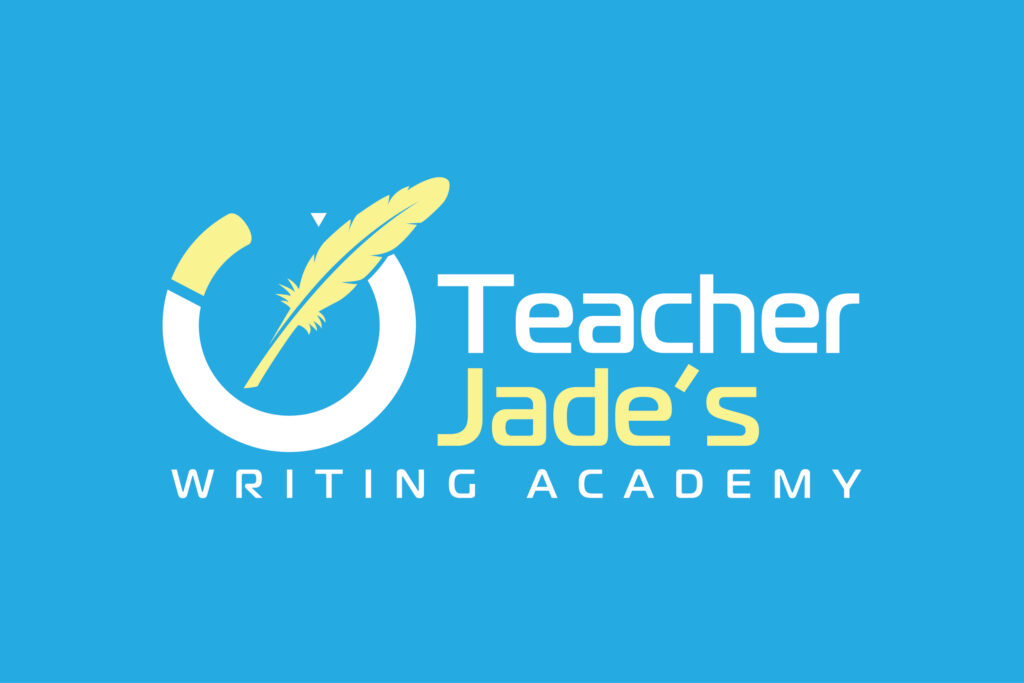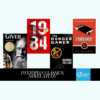In this engaging short story writing workshop, learners will have the opportunity to draft and revise their very own short story. Over the course of five modules, students will dive into the fundamental elements of crafting compelling narratives, from developing vibrant characters and settings to crafting gripping plots and conflicts. Through a combination of interactive lessons activities and pre-recorded lessons students will utilize their creativity and hone their writing skills.
𝐌𝐨𝐝𝐮𝐥𝐞 𝐁𝐫𝐞𝐚𝐤𝐝𝐨𝐰𝐧:
Module 1: Introduction to story elements
Module 2: Developing characters and setting
Module 3: Crafting a plot a conflict
Module 4: Writing the story
Module 5: Refining and Presenting the story
Throughout the workshop, students will learn:
– The essential components of a story, including plot, characters, setting, conflict, and resolution.
– Techniques for character development, such as physical descriptions, personality traits, and motivations.
– Strategies for building vivid settings using sensory details to immerse readers in their stories.
– The structure of a plot, including exposition, rising action, climax, falling action, and resolution.
– Different types of conflict and how to effectively incorporate them into their narratives.
– Tips for effective storytelling, including dialogue, pacing, and descriptive language.
– The importance of editing and revision in the writing process to polish their stories to perfection.
Each module will be structured around a specific theme, with interactive lessons, and writing activities to reinforce learning. Students will have the opportunity to brainstorm story ideas, outline their plots, write their first drafts, and receive feedback to refine their stories.
Teaching will be delivered through a blend of lectures and activities ensuring that students remain actively involved throughout the workshop. Interaction with the instructor will be encouraged through activities and feedback.
By the end of the workshop, students will have completed their own original short stories. All submitted drafts will receive feedback.
Objectives:
Understanding Story Elements: Students will learn to identify and understand the essential elements of a story, including plot, characters, setting, conflict, and resolution in creating a well-rounded narrative.
Character Development: Students will develop skills in creating compelling and relatable characters by learning techniques such as physical descriptions, personality traits, and motivations. They will understand the importance of character depth.
Setting Creation: Students will learn to craft vivid and immersive settings using sensory details, allowing readers to visualize and experience the story world. They will develop skills in setting the scene and creating atmosphere to enhance storytelling.
Plot Structure: Students will grasp the structure of a plot, including exposition, rising action, climax, falling action, and resolution. They will learn to effectively structure their stories to build tension and maintain reader engagement.
Conflict Development: Students will understand the various types of conflict, including internal and external conflicts, and learn how to incorporate them into their narratives to create tension and drive the story forward.
Effective Storytelling Techniques: Students will learn techniques for effective storytelling, including dialogue, pacing, and descriptive language. They will understand how these elements contribute to the overall impact of the story on the reader.
Editing and Revision: Students will learn the importance of editing and revision in the writing process. They will develop skills in revising their work for clarity, coherence, and effectiveness, ensuring that their stories are polished and well-crafted.




Reviews
There are no reviews yet.